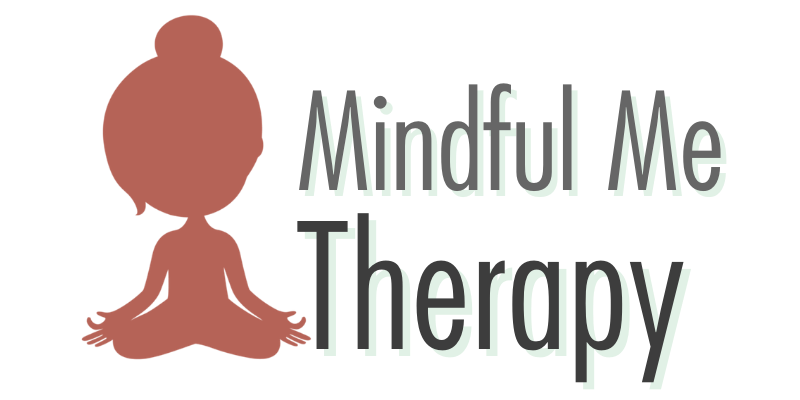We Don’t Need To Fix Autism
I’ve worked with Autistic individuals for over 15 years.
I've witnessed an evolution in the conversation surrounding Autism. When I first started in this field, the prevailing emphasis was on seeking a cure. Over time, it has become evident that there is no cure for Autism, and any claims suggesting otherwise are rooted in misinformation.
I believe Autism isn't defined by a lack of skills but rather by an abundance of intensity. This intensity gives rise to a spectrum of unique challenges and extraordinary talents. It's like a vibrant tapestry of abilities and idiosyncrasies, where each thread contributes to the beautiful complexity of the whole.
Autistic individuals, like everyone else, deserve support and meaningful human connections in their community. Autism is undoubtedly a disability, varying in the degree of support needed throughout an individual's life. Nevertheless, there is nothing wrong with being Autistic. Autistic children should not be taught to conform to a narrow definition of "normalcy." They should be embraced and valued exactly as they are. Genuine inclusion means nurturing a community that appreciates and celebrates differences.
It was only when I started truly listening to the voices of Autistic individuals that I realized I needed to change my career path, leading me to establish Mindful Me Therapy. I acknowledge the privilege I have in advocating for and supporting Autistic children and their families, and I am unwavering in my commitment to continuous growth and learning. If you genuinely care about Autistic individuals, I implore you to listen intently to their perspectives. It may be challenging, uncomfortable, and heart-wrenching, but it will ultimately transform you.
Childhood should be characterized by joy, and therapy should revolve around the child, driven by a sincere desire to enhance their quality of life in ways that are meaningful to them. Every family and child have unique needs, and it is imperative to ask critical questions when providing therapeutic care to an Autistic child. Are the goals and skills chosen genuinely improving this child's quality of life? Are the family's values being considered? Am I truly listening? By consistently reflecting on these crucial questions, I align my work with my values and avoid comparing these children to their neurotypical peers.
To all the families whose Autistic children I've supported over the years:
Thank you for letting me love your children. They are extraordinary and perfect just as they are. There is nothing inherently wrong with them, and they do not need fixing. They belong, and they deserve a sense of belonging. I will continually center my work around this fundamental truth.
If you're interested in learning more, here are two resources I've found helpful:
